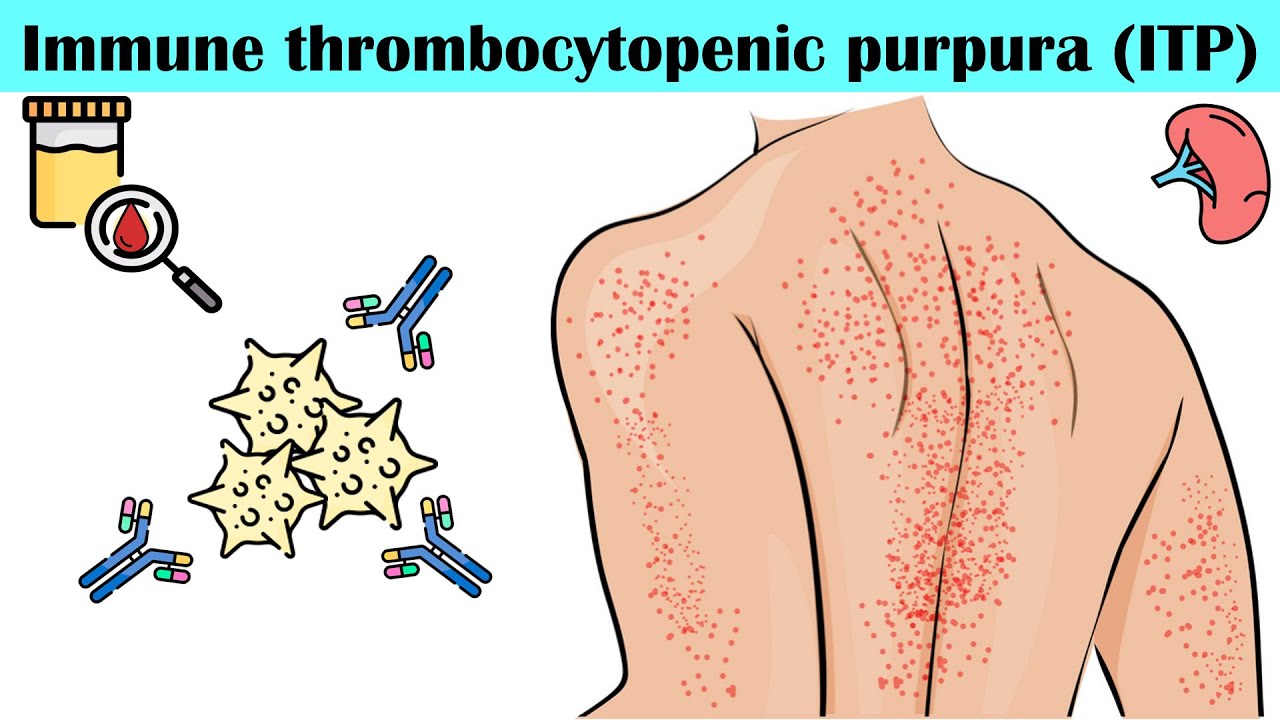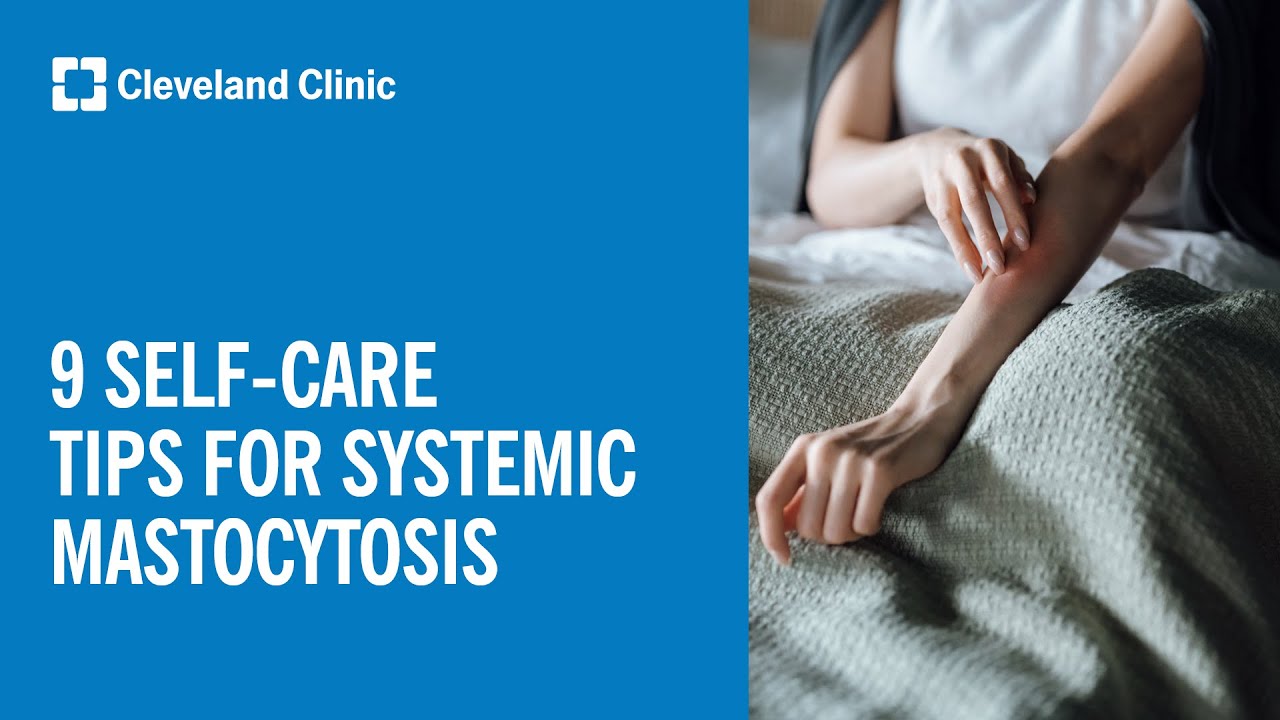Sublingual immunotherapy helps prevent asthma in children with allergic rhinitis
Reuters Health • The Doctor's Channel Daily Newscast
By the end of their 3-year study, SLIT cut the risk of mild persistent asthma by 96% and was also associated with a marked reduction in allergy symptoms.
Although SLIT has been shown to be an effective treatment for allergic rhinitis and asthma, few studies have examined its preventative effects, particular in pediatric populations, Dr. Maurizio Marogna, from Macchi Hospital in Varese, and co-researchers point out.
The new study, reported in the Annals of Allergy, Asthma, and Immunology for August, included 216 children with allergic rhinitis, with or without intermittent asthma, who were randomized to receive drug therapy alone or drug therapy combined with SLIT for 3 years.
A symptom plus medication score was used to gauge clinical outcomes yearly during allergen exposure. In addition, the children underwent pulmonary function testing, methacholine challenge, and skin prick testing at enrollment and at the end of the study.
Overall, 144 children received SLIT and 72 were treated with drugs alone. The dropout rates in the SLIT and control groups were 9.7% and 8.3%, respectively.
The symptom plus medication score indicated that SLIT patients experienced significantly fewer symptoms after 1 year of treatment than did controls and that this difference was still apparent in years 2 and 3.
New skin sensitizations were seen in 34.8% of controls compared with just 3.1% of SLIT patients, yielding an odds ratio of 16.85. Similarly, 28.8% of controls, but only 1.5% of SLIT patients, developed persistent asthma.
Patients treated with SLIT also showed a significant drop in bronchial hypersensitivity, whereas controls did not.
Adherence with SLIT was generally good and just one patient reported an episode of generalized itching within 30 minutes of treatment.
The findings confirm that SLIT is safe for children when used in the recommended doses and “can exert a preventive effect on the onset of persistent asthma and new skin sensitizations,” the authors conclude.
Reference:
Ann Allergy Asthma Immunol 2008;101:206-211.








